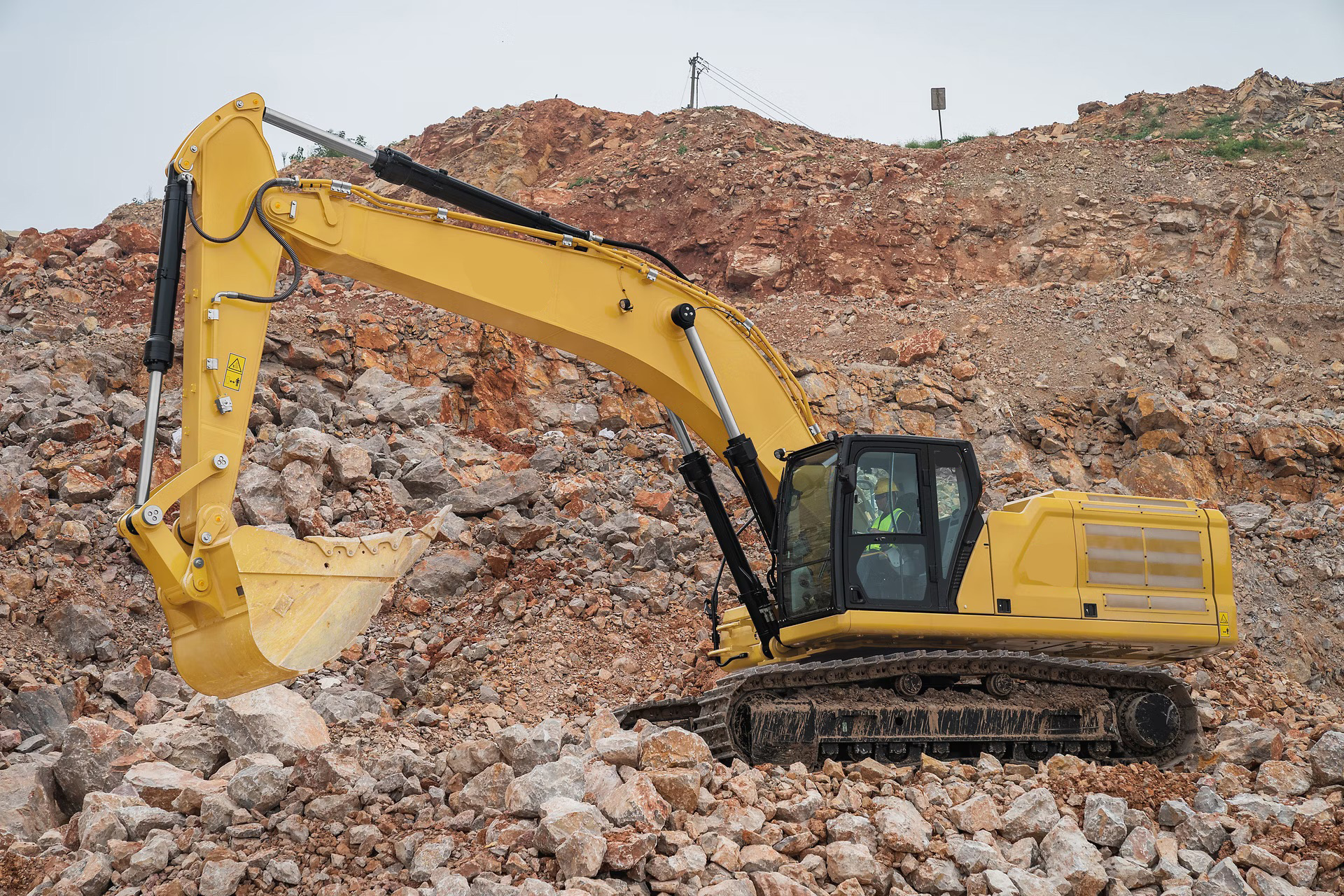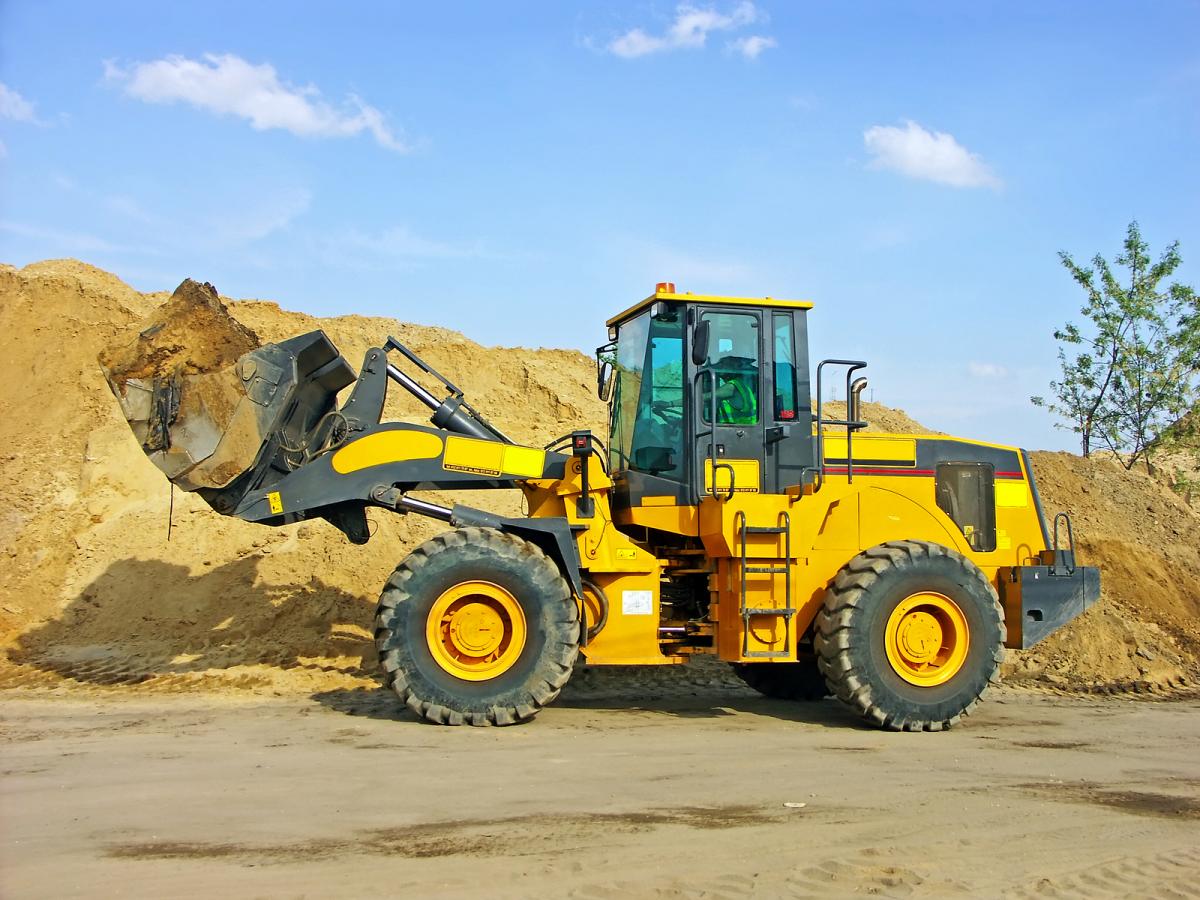Elements to Review When Leasing Building Devices for Cost-Effective Workflow
When taking into consideration the rental of building and construction equipment for cost-efficient procedures, different elements come into play that can dramatically affect the general job expense. Examining equipment specifications, rental terms, maintenance prices, project duration, and carrying out a detailed cost evaluation are important action in making certain ideal monetary efficiency and operational success. Each of these components holds the prospective to either improve procedures and decrease expenditures or lead to unforeseen prices and project hold-ups. By carefully examining these variables, building and construction firms can make informed choices that not just profit their bottom line but also contribute to the total effectiveness of their projects.
Equipment Specs

Variables such as fuel intake, running rate, and technology combination contribute to tools performance. By prioritizing functionality, durability, and efficiency in devices specifications, building and construction task managers can boost functional effectiveness and eventually attain effective task results.
Rental Terms
To guarantee a clear understanding of the terms entailed in renting out building and construction tools, it is crucial for task managers to thoroughly examine and work out the rental arrangement (scissor lift rental). Rental terms incorporate different aspects that can substantially impact the total price and performance of a construction task. Secret variables to consider include the rental duration, prices structure, payment terms, upkeep duties, insurance coverage, and stipulations for tools malfunctions or breakdowns
When reviewing the rental contract, task supervisors should pay close interest to the period of the rental duration. Comprehending whether the rental fees are based upon a hourly, day-to-day, weekly, or monthly price is vital for budgeting and scheduling purposes. In addition, clearing up the settlement terms, such as ahead of time prices, protection deposits, and penalties for late repayments, can help stay clear of unanticipated economic problems.
Furthermore, going over maintenance duties upfront can prevent disagreements in the future. Clearly detailing who is in charge of regular maintenance, fixings, and servicing can make certain that the equipment remains in optimal condition throughout the rental period - forklift rental. It is likewise vital to verify the insurance policy protection provided by the rental firm to stay clear of any obligations in instance of mishaps or damages. By meticulously examining and bargaining the rental terms, task managers can protect economical tools leasings that fulfill their job demands.
Maintenance Expenses

Some rental business offer maintenance bundles that cover these prices, while others may call for tenants to birth the full upkeep expenses. By budgeting for maintenance prices upfront and sticking to suggested servicing timetables, occupants can minimize unforeseen expenses and take full advantage of the effectiveness of the rented out construction devices.
Job Duration
A clear understanding of the task timeline enables for better preparation and usage of tools, making sure that the right devices are readily available for the needed period without incurring unneeded prices. By aligning the rental period with the job timetable, building companies can make the most of the use of devices, lessen downtime, and inevitably attain price savings scissor lift rental on their tasks. Assessing and precisely approximating the task period is a vital variable in leasing construction equipment for ideal cost-effectiveness.
Cost Evaluation
Lining up the job duration with a comprehensive expense evaluation is important in optimizing the financial effectiveness of leasing building and construction equipment. Carrying out a detailed expense analysis includes even more than just contrasting rental prices.
One critical facet of expense evaluation is comprehending your job's certain equipment needs. Renting equipment that is either underutilized or excessive used can lead to unnecessary costs. Evaluating the task requirements and selecting the ideal kind and quantity of equipment can help decrease costs while guaranteeing operational performance.
In addition, comparing the prices of buying versus renting devices is vital. While leasing might appear economical for temporary projects or specialized equipment, purchasing may be extra affordable for long-term or often made use of machinery. By evaluating the pros and cons of both options, you can make strategic choices that align with your budget plan and project objectives.
Conclusion
In conclusion, reviewing variables such as tools specs, rental terms, upkeep prices, task duration, and cost evaluation is vital when renting building tools for affordable procedures. By carefully thinking about these variables, building and construction companies can ensure they are getting one of the most worth out of their tools rentals and ultimately conserve cash on their projects. It is important to prioritize cost-effectiveness and effectiveness in all elements of construction operations.
Examining tools specifications, rental terms, maintenance expenses, task duration, and carrying out a thorough price analysis are crucial actions in making certain ideal economic efficiency and operational success. By focusing on functionality, toughness, and efficiency in tools specifications, construction task managers can improve functional performance and ultimately accomplish successful job outcomes.

By straightening the rental period with the project timetable, construction firms can optimize the use of devices, minimize downtime, and ultimately accomplish cost financial savings on their tasks.In conclusion, assessing factors such as devices requirements, rental terms, upkeep prices, task duration, and cost analysis is important when renting out construction equipment for cost-efficient operations.